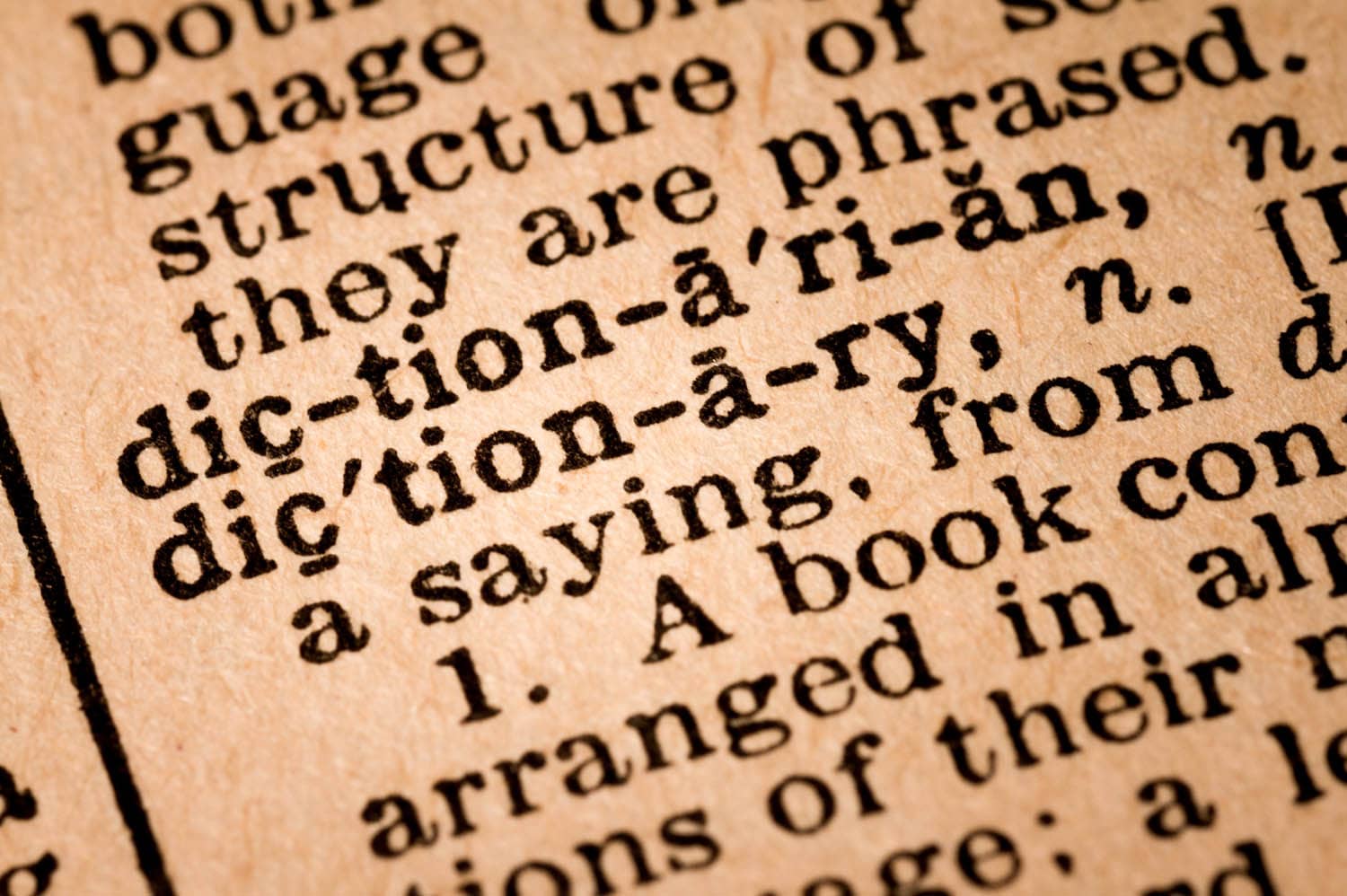Is it program or programme?
It is always tricky recognising US English spellings and British English spellings with words like these.
Whether we like it or not, much of our language is now heavily influenced by US English spellings.
So, for the noun, ‘program’ is used when talking of the IT world – it is something we run (software/apps) on a computer.
Example:
- This computer program is not responding.
When referring to television or training, we would use the noun ‘programme’.
Examples:
- This TV programme is really great. We must watch it next week.
- The programme of events was interesting at the sports day.
- The training day had several programmes to choose from.
For the verb, ‘program’ is used for all instances.
Examples:
- We must program this DVD-player to work properly.
- He was going to program the robot to do this for us.
- They programmed the machine several times.
In the final bullet above, you may think we are using ‘programme + d’, but in fact this is ‘program’ in the past tense.
When adding -ing and -ed to verbs (in this case ‘program’), we sometimes double the consonant beforehand. The official requirements are that we ‘double a single consonant letter at the end of any base where the preceding vowel is spelled with a single letter and stressed’. This is why ‘program’, in the past tense, becomes ‘programmed’.
